The following excerpt is reprinted from the cdc.gov webpage “Implementing Filtering Facepiece Respirator (FFR) Reuse, Including Reuse after Decontamination, When There Are Known Shortages of N95 Respirators.”
One strategy to reduce the risk of contact transfer of pathogens from the FFR to the wearer during FFR reuse is to issue five N95 FFRs to each healthcare staff member who care for patients with suspected or confirmed COVID-19. The healthcare staff member can wear one N95 FFR each day and store it in a breathable paper bag at the end of each shift with a minimum of five days between each N95 FFR use, rotating the use each day between N95 FFRs. This will provide some time for pathogens on it to “die off” during storage. This strategy requires a minimum of five N95 FFRs per staff member, provided that healthcare personnel don, doff, and store them properly each day.
As a caution, healthcare personnel should treat reused FFRs as though they are contaminated, while preventing FFR contamination prior to donning by following the precautions outlined in the reuse recommendations found here. Hand hygiene with soap and water or an alcohol-based hand sanitizer with at least 60% alcohol should be performed before donning and after touching or adjusting the FFR while in use (if necessary for comfort or to maintain fit) or after doffing. More information about ways to minimize the risks of FFR reuse can be found here.
CDC recommends limiting the number of donnings for an N95 FFR to no more than five per device. It may be possible to don some models of FFRs more than five times. Fit performance during limited reuse should be monitored by the respiratory protection program manager or appropriate safety personnel. Information about how to assess N95 FFR fit during limited reuse can be found here.
If supplies are even more constrained, and five respirators are not available for each worker who needs them, N95 FFR limited reuse with FFR decontamination may be necessary.
To read the full report on cdc.gov, click here.
Search the Health Sciences Website
Health Sciences Updates
2024 Health Sciences Spring Completion Ceremonies
We are delighted to extend a warm invitation to you for our Austin Community College's 2024 Health Sciences Spring Completion Ceremonies, where we will celebrate the achievements of our graduating students.
Read moreACC Health Sciences Regional Simulation Center
As the area’s number one educator of healthcare professionals, ACC’s Health Sciences Area of Study equips students for the important work that lies ahead. Our program is amongst the best in the state, and our graduates outperform students from across the nation.
Read moreACC and AFD Celebrate Five Years of Red Angels Partnership
A new plaque proudly hangs on the walls of ACC’s Health Sciences building at Eastview Campus — celebrating five years of making a difference in the community.
Read more
